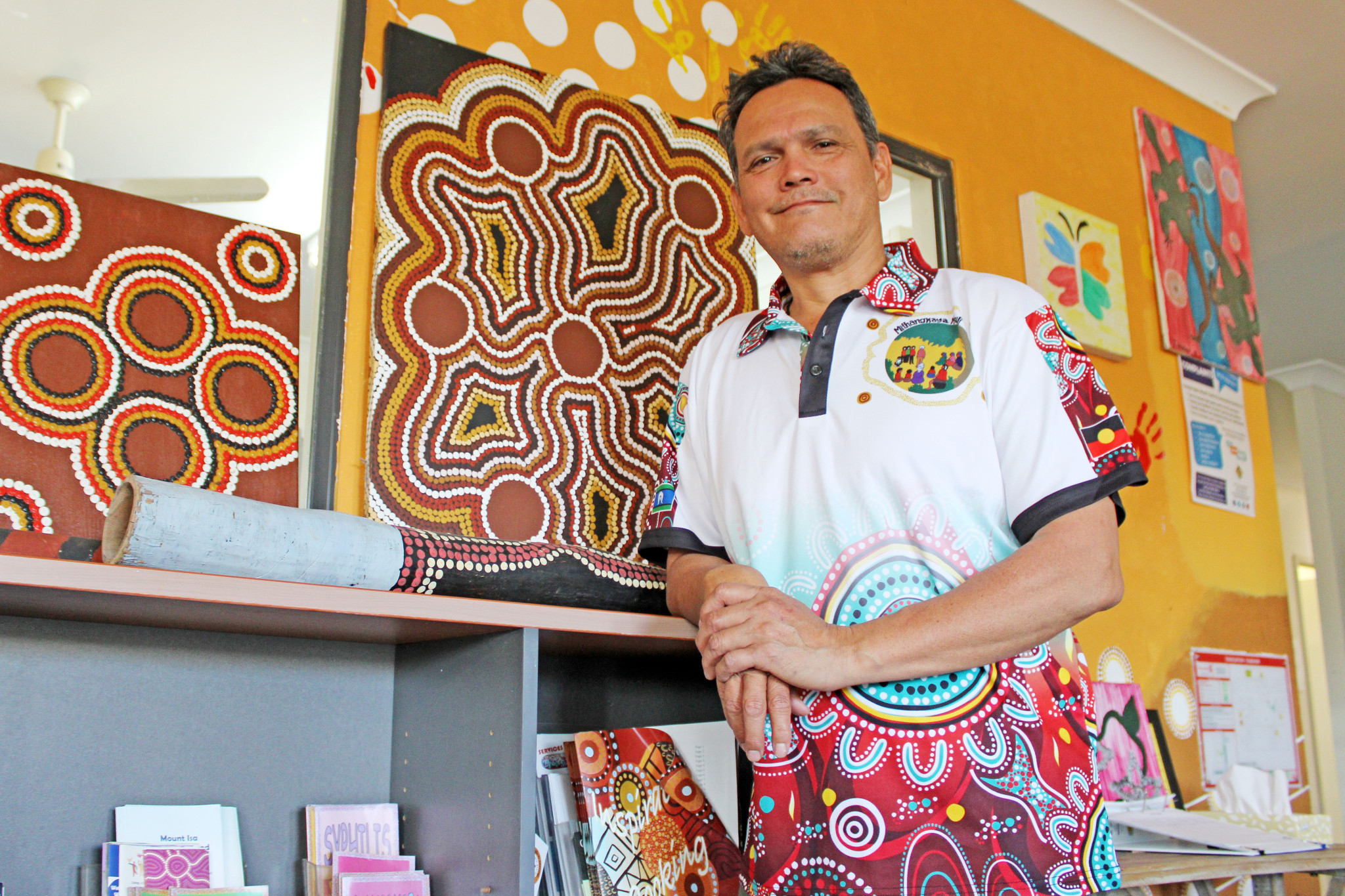General News
31 July, 2024
On Country program will tackle youth crime problem in the bush
The state government has provided funding for a pilot program in the North West.

Alvin Hava says he understands why many are angry about youth crime in the city.
He says the headlines, statistics and community impacts present a real challenge to overcome and find a new pathway forward.
But the general manager of Mithangkaya Nguli – Young People Ahead Youth and Community Services Indigenous Corporation (YPA) also believes a mixture of “tough love” for involved families and intensive “On Country” rehabilitation for at-risk kids can provide a circuit breaker.
YPA has been awarded $24 million by the state government to establish the first intensive “On Country” youth intervention and rehabilitation program.
When Premier Steven Miles announced the grant, Mr Hava was visiting the trial site, which is about 200km north of Mount Isa.
He said a formal agreement with the station owners was set to be signed within the next fortnight.
Mr Hava is also in negotiations with the owners of another property less than 50km from Mount Isa, which would provide a second option for youth to visit for week-long or weekend stays.
He said the coming weeks would be busy – with some casual workers already employed at YPA set to be trained to take on more permanent positions – 15 workers are required for the program.
Mr Hava said he was hopeful the trial could be up and running by the end of September.
“I know there are a lot of people out there who are angry because there are a lot of people who have been affected by these kids – and we are one of them too because we live in the community also,” he told North West Weekly.
“But things need to change around working with these kids and, more importantly, working with the families. We can’t work just in isolation with the kids.
“If we are going to break the cycle of kids going into detention and getting involved in no-good business in the community, change needs to start at the home.”
Mr Hava said the intensive program would fuse cultural re-engagement, emotional healing, practical life skills and connection to future employment opportunities for young people who have had engagement with the youth justice system.
As the On Country name suggests, it also offers a period out of town to help break the cycle of youth re-offending and will provide young people an opportunity to reflect on their offending behaviour through cultural interventions.
Mr Hava said the “tough love” that Elders and social workers would deliver to wayward children and their families was a centrepiece of the On Country program.
He said a cultural advisory roundtable of a dozen Elders from Traditional Owner groups across the North West and Gulf gave the YPA program authority to enter the homes of families and speak frankly about the need to change their pathways.
“We have lore, which supersedes law in many cases, because we take our cultural authority from our Elders,” Mr Hava explained.
“Lore is part of us – it is the air we breathe, the ground we walk on, it is in our blood – we want to bring lore to the front and explore that conversation with our mob.
“We are guided by our Elders for a lot of important decision making, which is wisdom that has been handed down to us over the eons of time.
“For far too long we have invested in mainstream academic thinking rather than really concentrating on reinvigorating our culture and tradition. We need to give some tough love.
“We need to go into our communities and yarn with the families and give them some real cold hard truths about what is happening in the home life and how these kids are being raised then give some wraparound support so they can better help their children.
“It needs to come from us, ’cause that’s our mob. That’s our blood, that’s our kin – we are related.”
“We need to take that festering sore off, give it a good clean and start allowing it to heal through lore and what are we going to be putting in place with the intensive on-country program.”
Mr Hava said youth in the program would receive tutoring to assist re-entering the education system, employable work skills such as animal husbandry, fencing, carpentry and basic mechanics as well as counselling to help with any substance abuse issues.
He said each child would have an individualised case plan that would provide a specific strategy to raise the child’s self esteem and provide opportunities to move forward beyond the justice system.
“Jailing is failing – we don’t want to just throw someone in jail and just have the cycle continue. We want to intervene,” Mr Hava said.
“Everyone goes through a hard journey in life but we need to teach them to put that aside and really think about the things that matter – and that’s your family, that’s your future generations, that’s what we want to instil in the lives of these young people.”